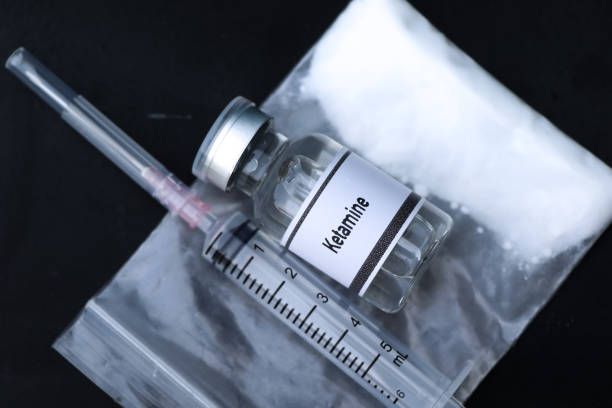Monday, May 16, 2016.
APA Meeting, Atlanta, GA.
#APAAM16
For both men and women being married is associated with significantly reduced risk for alcohol use disorder compared to unmarried individuals. The protective effects of marriage are even stronger for people with a high family risk of alcoholism, according to a study published in the American Journal of Psychiatry, a publication of the American Psychiatric Association, and released here at the APA’s Annual Meeting.
The authors, led by Kenneth S. Kendler, M.D., professor of psychiatry and human and molecular genetics at Virginia Commonwealth University School of Medicine, sought to clarify the relationship between marriage and risk for alcohol use disorder. They examined data from more than three million Swedish residents born between 1960 and 1990. More than 70,000 individuals of the group studied met the criteria for alcohol use disorder.
“While clinicians have long been aware of the potentially important protective effects of marriage on alcohol problems, our study puts this observation on a firm scientific footing,” Kendler said. Although causal relationships can never been definitively shown for such a relationship, our large sample prospective population-based study complemented by our co-relative analyses strongly suggest that marriage does indeed directly and substantially reduce risk for onset of alcohol use disorder. It is also especially intriguing that this effect is largest in those at highest risk.”
The association was strong, with married men and women having, respectively, a 60 percent and 71 percent lower risk for developing alcohol use disorder compared with individuals who remained single. However, if the marriage is to a spouse with alcohol use disorder, the effect is very different. For both men and women, marriage to a spouse with a history of alcoholism increased the risk for alcohol use disorder beyond the risk for an unmarried person.
Researchers looked at several possible confounding variables, including socioeconomic status, early criminal behavior or drug abuse, and family history of alcohol use disorder, and found these variables did not explain the reduced risk. The protective effects of marriage likely arise largely from direct spousal interaction (i.e., married individuals watching their spouses’ health and influencing their behavior), according to the study.
The authors conclude that while “we cannot rule out the impact of hidden biases, these results are consistent with the hypothesis that the psychological and social aspects of marriage strongly protect against the development of alcohol use disorder. #APAAM16




Leave A Comment